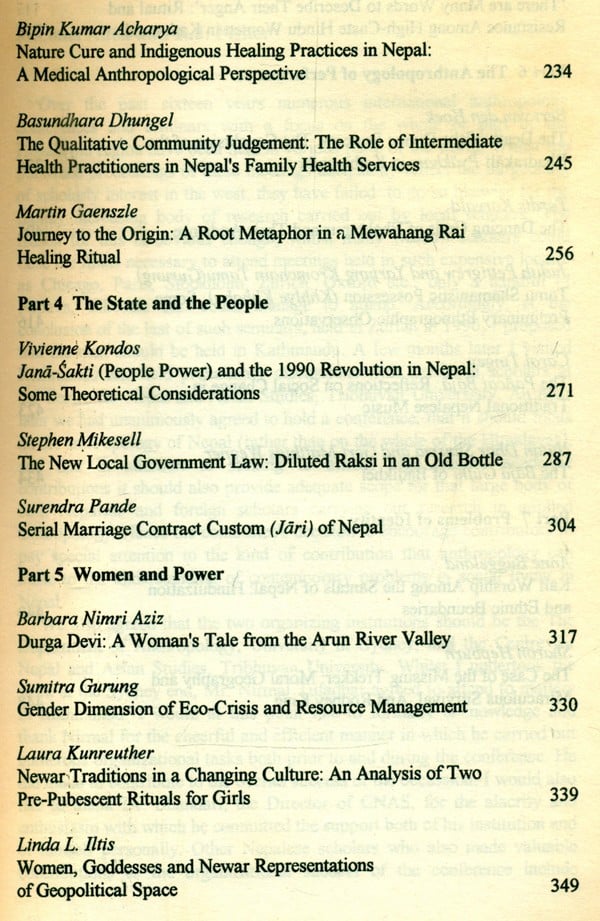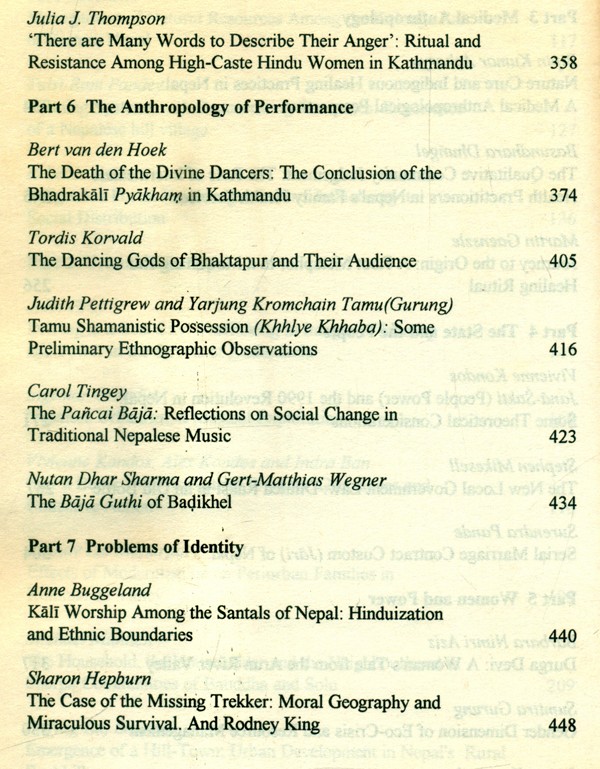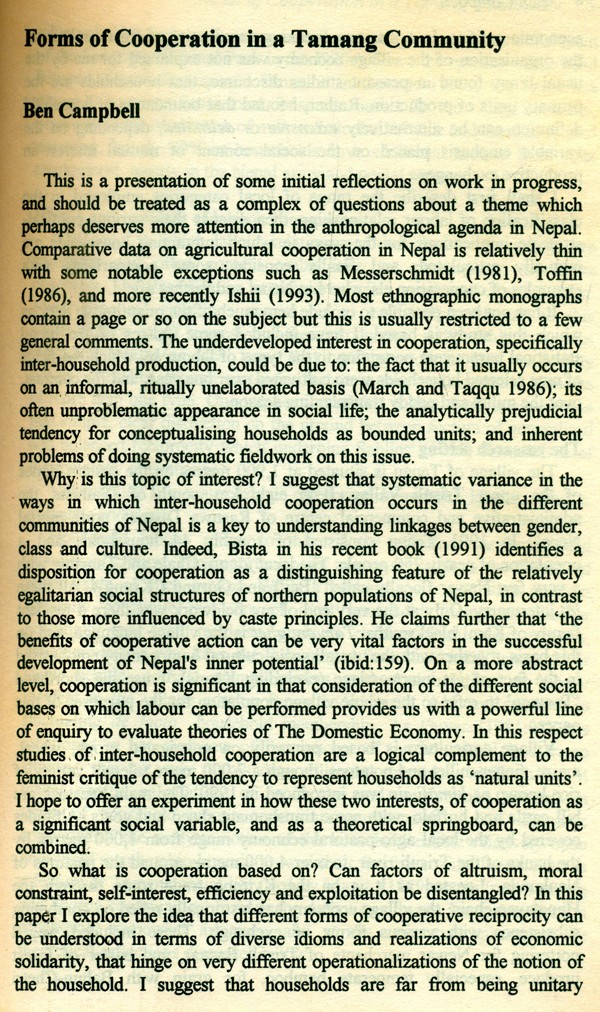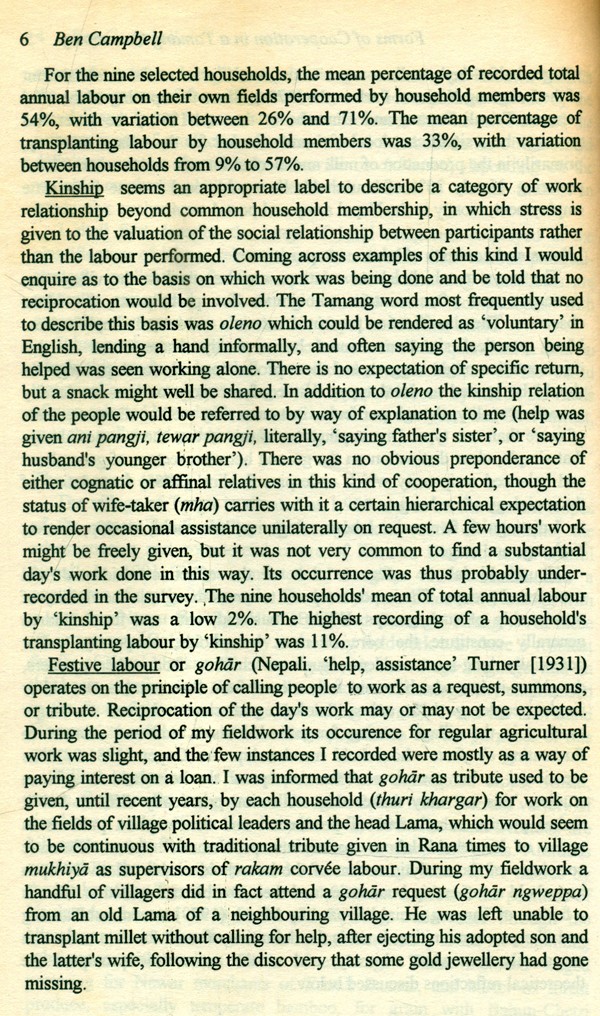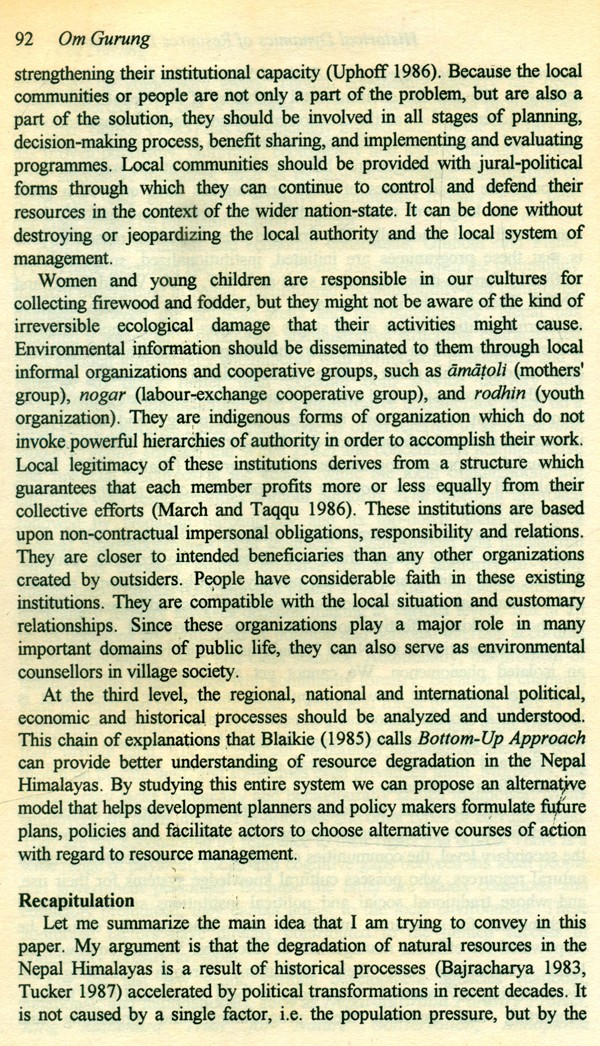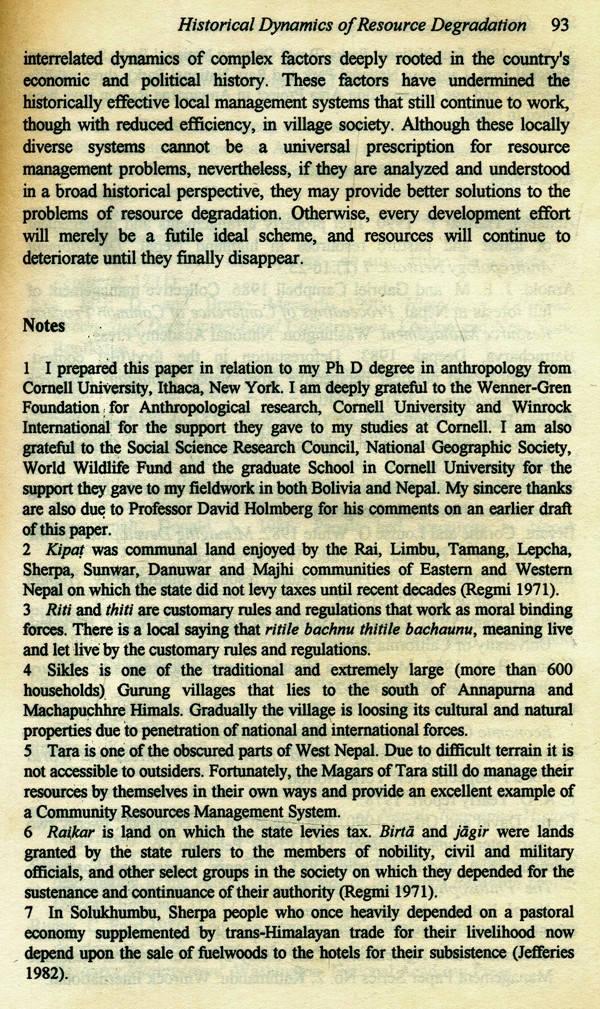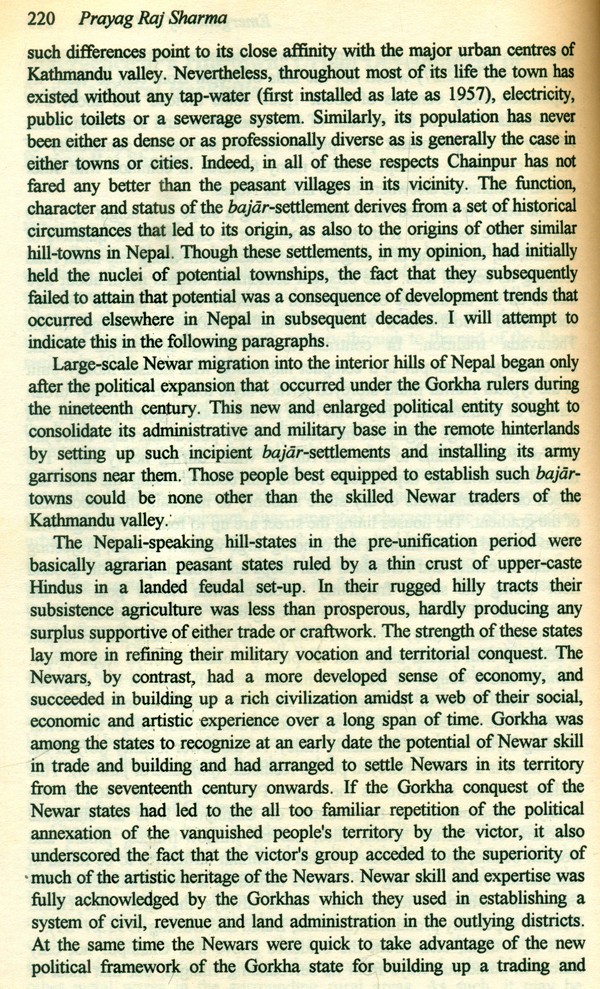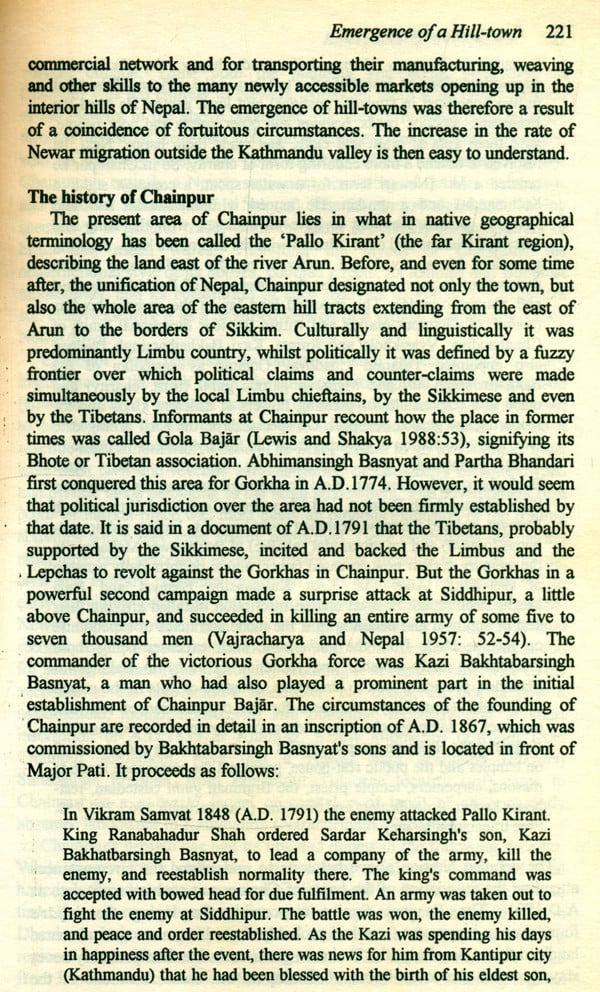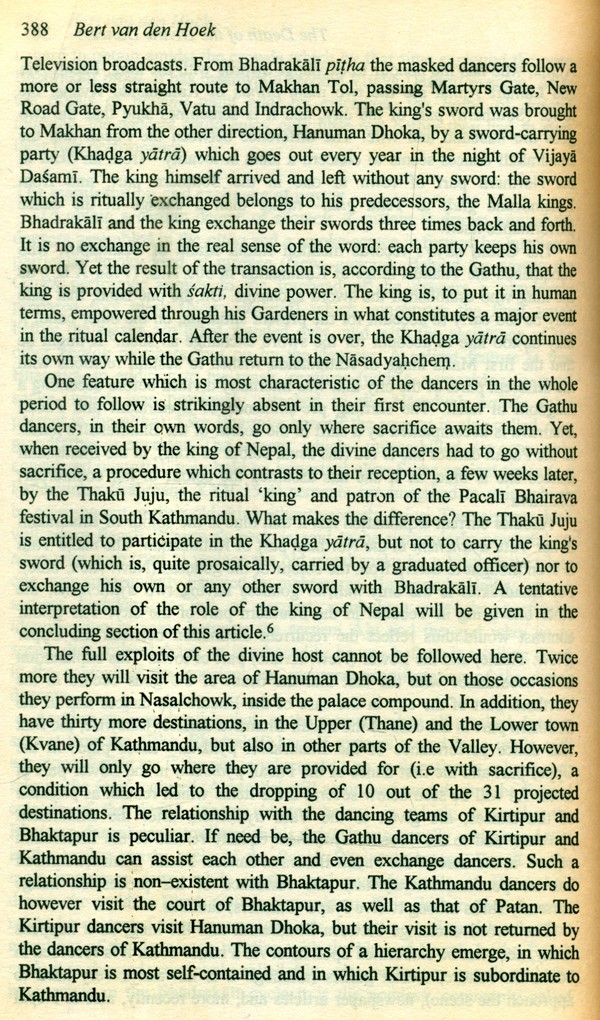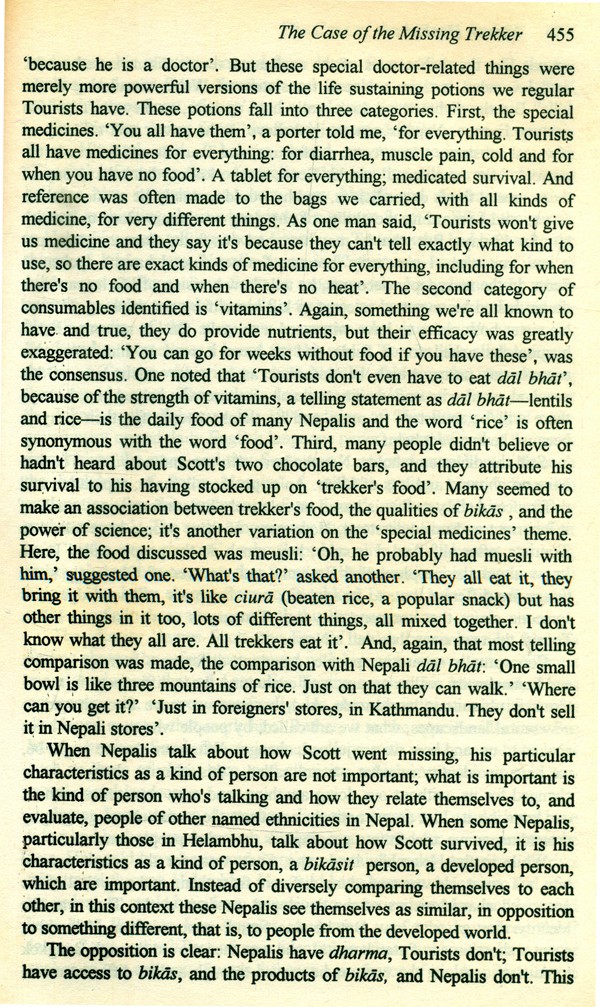
Anthropology of Nepal- Peoples, Problems and Processes (An Old and Rare Book)
Book Specification
| Item Code: | UAT783 |
| Author: | Michael Allen |
| Publisher: | Mandala Publications |
| Language: | English |
| Edition: | 2005 |
| ISBN: | 9789993342298 |
| Pages: | 480 |
| Cover: | PAPERBACK |
| Other Details | 8.50 X 5.50 inch |
| Weight | 440 gm |
Book Description
As the Executive Director of the Centre for Nepal and Asian Studies I am proud to be associated with this conference, though without losing my inherent humility. This is, indeed, one of the few prides that will endure in my memory for a long time to come. The conference is the first of its kind to be held in Nepal, and hence it is also the first time that I have had the privilege to address such an awesome assembly of scholars. However, the sense of my own inferiority cannot prevent me from welcoming you with a heart that is characteristic of a member of a society that is not yet fully modernised. Despite the scientific and other advances made in many parts of the world Nepal is still a traditional, backward-looking, and to some extent, impervious society. I am proud that I am its citizen and I am proud that I mean what I say. Not meaning what you say is one of the cultivated marks of modernization. The process of growth in my personality-if I have any personality at all-can be a microcosmic case for an anthropological study of Nepalese culture.
The story of what we call anthropology in Nepal is not very old. It began fitfully with the research work of western scholars in the nineteenth century. Kirkpatrick (1811), Hamilton (1819), Hodgson (1874), Oldfield (1880), Vansitartt (1894), Levi (1905), Northey and Morris (1926) and Landon (1928) among others, did work that stretched between history and anthropology.Their publications gave us some bright insights into the nature and structure of Nepalese society and culture, and in so doing provided the nucleus for the coming generations of anthropologists, both Nepalese and foreign.
**Contents and Sample Pages**



